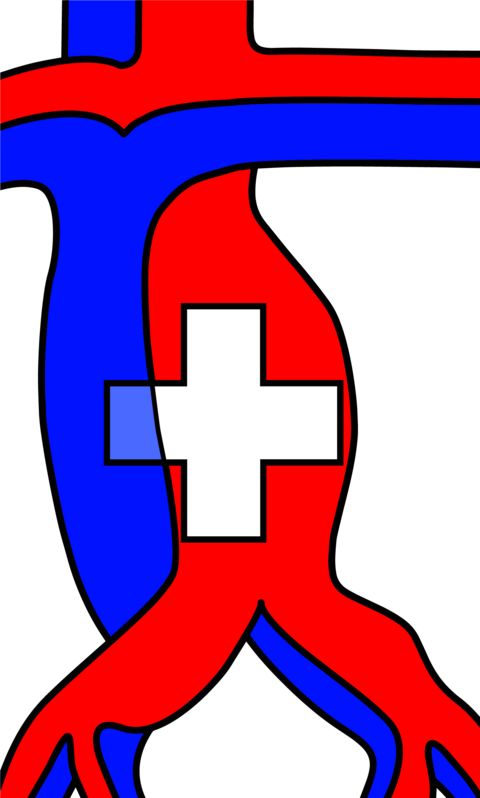Dear SWISS/KNIFE Readers,
Welcome to our focus on Highly Specialized Medicine (HSM). HSM is a cornerstone of the Swiss healthcare system, aimed at ensuring top-notch quality and efficiency in patient care. However, as with any structure that must meet high standards, HSM faces its share of challenges. For us surgeons, this topic carries a deep emotional resonance, as the allocation of service mandates often intersects with questions of professional identity and pride. This focus explores the multifaceted aspects of HSM – from critiques and reform proposals to innovative approaches.
In her interview, Prof. Dr. Barbara Tettenborn, Chair of the Expert Committee on HSM, offers valuable insights. She emphasizes that concentrating services in a few centers not only ensures quality but also fosters synergies in training. However, balancing centralization with regional healthcare access remains one of HSM’s greatest challenges.
In his article, “Releasing HSM from its constraints” Prof. Dr. Antonio Nocito, Head of Surgery at Kantonsspital Baden and past-president of the Swiss Society for Visceral Surgery advocates for greater flexibility. He highlights how rigid minimum case volume requirements and the lack of a re-entry process hinder progress and reduce the attractiveness of affected hospitals as employers and training institutions. His proposals, such as considering medical advancements in determining case thresholds, provide concrete strategies to make the system more dynamic.
The importance of regional considerations is underscored in the piece, “A Third of Switzerland Nearly Overlooked,” from Dr. Thomas S. Müller, Head of the Emergency Department an Deputy head of Trauma Surgery et al. at Cantonal Hospital of Graubünden (KSGR). The geographic and topographic realities of southeastern Switzerland highlight that allocating service mandates should not rely solely on surrogate markers like case volumes. Instead, factors like emergency transport routes and outcome quality must also be considered to ensure comprehensive healthcare coverage.
Prof. Beat Müller, Head of Visceral Surgery, Clarunis, Basel brings a vital perspective with his article, “HSM Needs a Re- and De-Novo Entry Mechanism”. He highlights the risks of a static allocation system for service mandates, cautioning that without clear pathways for hospitals to regain or obtain mandates, monopolistic structures may develop, leading to reduced quality, innovation stagnation, and limited competition. His approach ensures a dynamic and fair system while safeguarding the long-term quality and accessibility of care.
The approaches presented in this issue demonstrate that HSM is a construct requiring continuous refinement. We, as surgeons, must actively engage in shaping HSM to meet the challenges of the future and drive its development forward!









